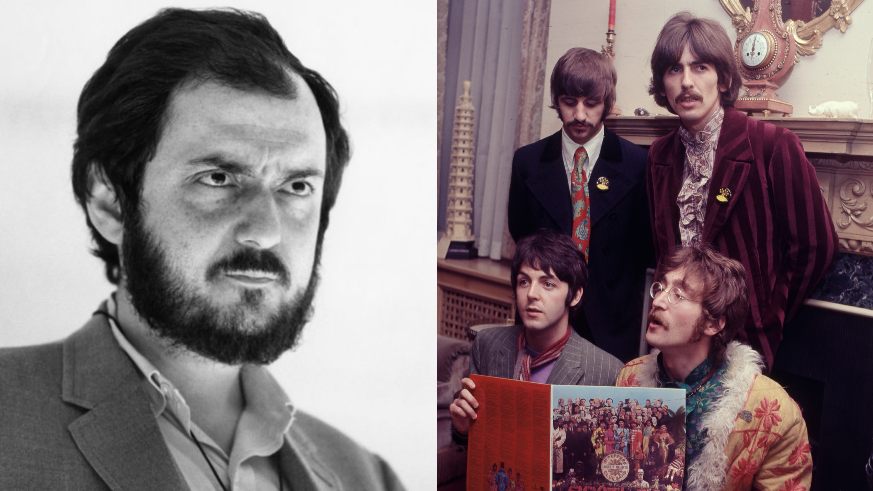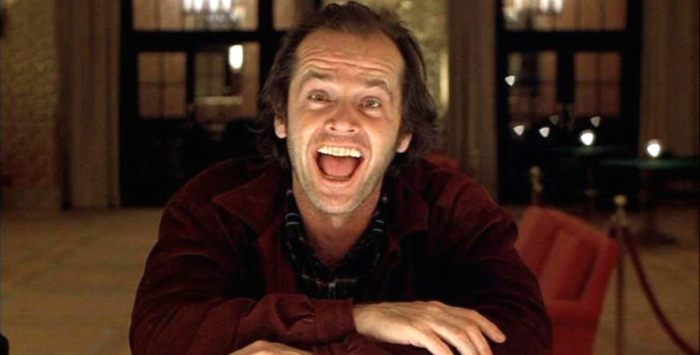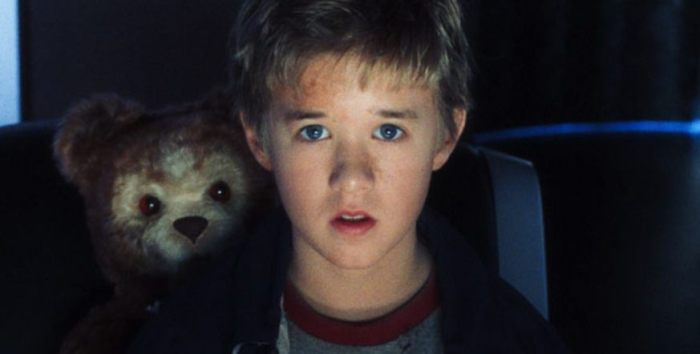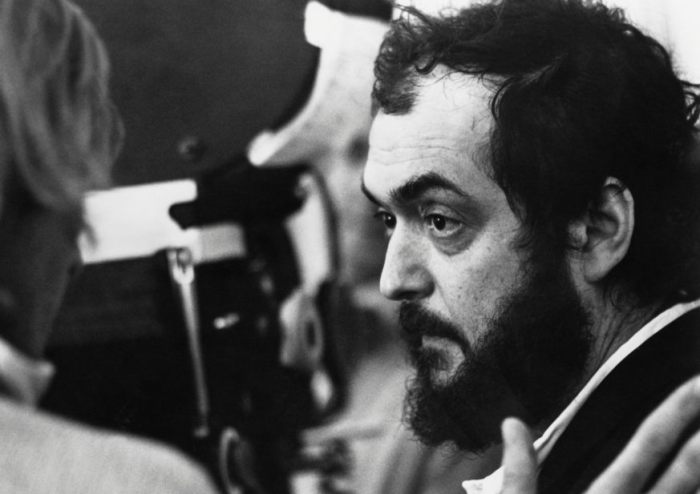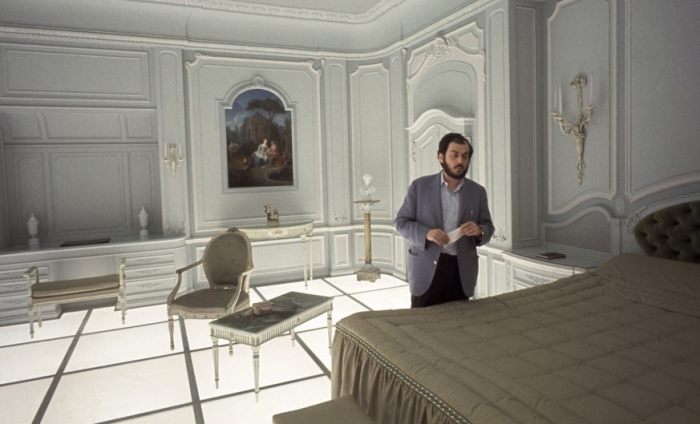Because of his work on 2001: A Spacey Odyssey, The Shining, Dr. Strangelove and Paths Of Glory, to name but a few, Stanley Kubrick is rightfully regarded as one of the best directors of all time.
That’s despite the fact that he only actually directed 13 feature films during his illustrious 46 year long career. Kubrick had many more unrealized ideas, scripts and projects, though.
I recently had the chance to speak to Kubrick’s former right-hand man Leon Vitali for the documentary on his career “Filmworker.” Vitali met the director when he was cast in “Barry Lyndon,” but then put his acting career to one side so that he could work as Kubrick’s filmworker up until his death.
During this time he was privy to a lot of information and secrets regarding Kubrick, especially when it came to his unproduced films. Vitali was more than happy to open up about these projects to me, so I started things off by quizzing him about the rumors The Beatles’ wanted Kubrick to direct them in an adaptation of “The Lord Of The Rings.”
“That was true. That was true,” was Vitali’s emphatic response. “They came to Stanley’s office to talk about it. I don’t think it was quite in Stanley Kubrick’s ball-park that idea. Yes, it was something that they came up with.”
“But it didn’t get very, very far at all. It was just an exchange of information and people were interested in doing it. But Stanley wasn’t. Let’s put it that way.
“The person behind that was Lennon. John Lennon. He was crazy about that story and he was nuts about ‘2001.’ He said that he’d watch ‘2001’ sometimes once a week. He was so fascinated by it. I can see why he would have connected the dots.”
“I am sure there are many, many ways that you can approach a subject like ‘Lord Of The Rings.’ Lennon might have thought of it as a futuristic sort of project. Or thought that the grand scale of ‘2001’ would have been needed to make a film about ‘The Hobbit’ and that sort of genre. It is interesting.”
Probably the most famous unrealized Stanley Kubrick film was his planned large-scale biopic of Napoleon, which he intended to follow 1968’s “2001: A Space Odyssey.”
“Kubrick must have read every book ever written about Napoleon. It had been a fascinating subject for him,” explained Vitali.
“Because he was a man who had such a reputation as a general and as a leader of men. But the colossal mistakes that he made almost go unrecorded.”
“Like the Russian invasion, and how that destroyed his attacks. Hitler was very much a parallel. He kept on stretching himself and stretching himself and all of his military resources. Napoleon and his army couldn’t withstand it anymore. But Stanley really wanted to make a film about Napoleon.”
A problem soon arrived in the shape of Sergei Bonadrchuk’s war epic “Waterloo,” which was released in 1970.
“There had been a film called ‘Waterloo,’ in which Rod Steiger played Napoleon, which came out just as he was getting into pre-production. It flopped. It failed at the box office. So Warner Bros weren’t keen to take a chance on that.”
“Stanley wanted to stay in that genre, though. So that was how he came cross ‘Barry Lyndon.’ If Napoleon had been made I doubt ‘Barry Lyndon’ would have been. So I am very happy for that.”
Vitali believes that, if Kubrick were still around today, he’d have turned to television to bring his vision for Napoleon to life. “I know that he would have loved the thought of doing 10 1 hour episodes to tell that Napoleon story.”
“Of course, that genre was very new. If it existed at all it was a series of television films instead. I know, I just know he would have taken it and relished it, if it had existed while he was alive.”
Kubrick also spent nearly 20 years trying to make a film concerning the Holocaust. In 1976 he asked Isaac Bashevis Singer to write an original screenplay, then in the early 1990s he looked to adapt Louis Begley’s “Wartime Lies,” which revolves around a boy and his aunt hiding from the Nazis.
”That actually had a working title of ‘Aryan Papers.’ We worked quite hard on that. We were deep into pre-production on that film. Then ‘Schindler’s List’ came along. And was a huge, huge success,” recalled Vitali.
“In Hollywood, it is strange, everything has its cycle. So when ‘Schindler’s List’ came out, it was very much going to be, ‘Well, we’ve already got this Holocaust story’ and it has done very well. So we don’t need another one. Thank you very much’.”
“Stanley never actually got that message, but he knew it for himself. So we sort of knocked that on the head.”
According to Vitali, there were numerous other projects, too. “There was one about a triple agent in World War 2. We were beginning to get into pre-production on that. And we were talking about and thinking about actors.”
“But Stanley didn’t feel as though he could pull it off. He didn’t think that everything was ready that he needed.”
Thankfully, Kubrick’s 13 film oeuvre is more than enough to make up for the movies that nearly made it.

